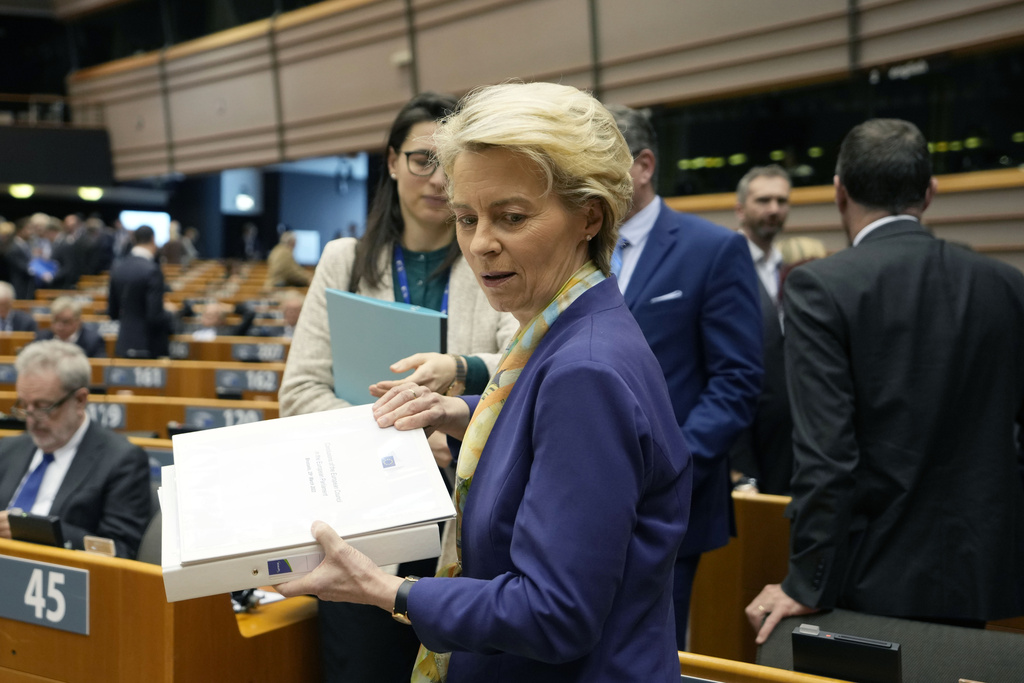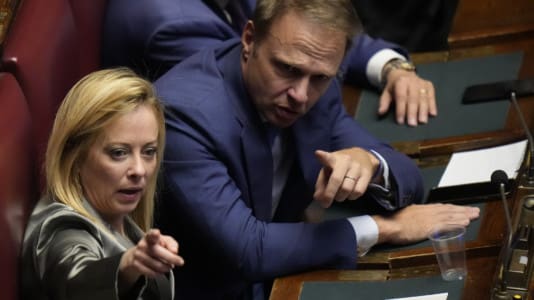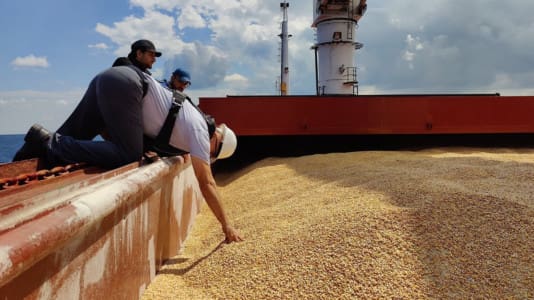The European Commission is “fully aware” of the concerns about increased imports of Ukrainian agricultural products, but a common European approach to the problem is needed instead of unilateral solutions, said European Commission President Ursula von der Leyen on Wednesday.
The leaders of five EU member states — Hungary, Poland, Slovakia, Bulgaria and Romania — sent a joint letter to the President of the European Commission on Wednesday asking Brussels to take action on the issue of Ukrainian grain entering Europe duty-free and damaging local farmers.
In her letter, von der Leyen stressed that unilateral measures, rather than a common European approach, would only benefit Ukraine’s adversaries and could undermine the EU’s unwavering support for Ukraine.
She stated that the EU is addressing the “concrete but unintended” consequences of the sudden surge in Ukrainian imports in the countries concerned. The European Commission has previously provided a €36.3 million fast-start financial support package for the most affected farmers and is now preparing to present a second financial support package worth €100 million for the affected farmers, she wrote.
The EU commission president confirmed that the preventive measures will compensate EU producers for the deterioration in the market for certain products, including wheat, maize, rapeseed and sunflower seeds.
“Market access for Ukrainian goods and the humanitarian solidarity corridors opened by the EU on July 22 last year are key to Ukraine’s resilience to Russia’s war. Ukraine’s exports must continue to reach world markets, including developing countries,” she wrote.
Von der Leyen also said that the Brussels body would work even more intensively to facilitate the transit of these agricultural goods, both for other member states and for partner countries outside the EU, which she said would ease pressure on Ukraine’s neighbors in the short term.





